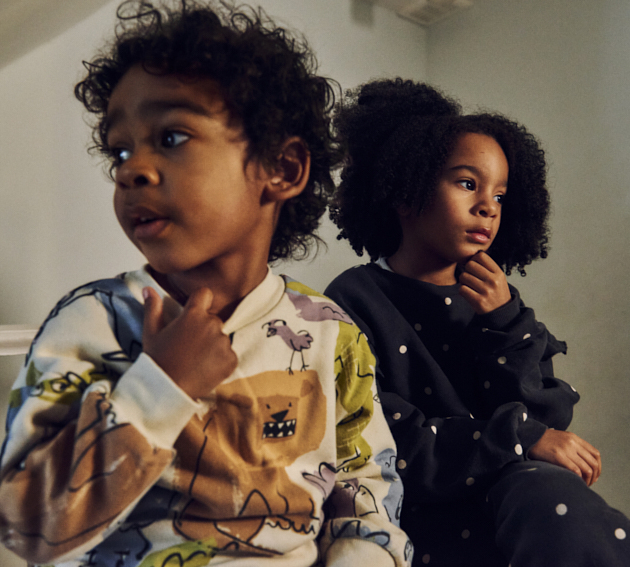This is your last chance to join the 2026 cohort this summer. Applications are open in select locations only. Don’t miss out!
Imaad is a young Muslim man who is currently living independently. He is involved with Frontline as a care experienced assessor as well as a member of Frontline’s Young People Advisory Board. While he was in care, he was supported by a male social worker, who helped him feel heard and supported.
When I met this social worker for the first time I was on edge, not knowing what to expect. From my experience, social workers have been distant, so I wasn’t sure if he’d be easy to talk to or understand where I was coming from. I had braced myself for a formal, distant approach, but there was something different about him.
He was approachable and straight with his words, which made me feel like I didn’t have to hold anything back. He had this calm and grounded character that made me feel like he wanted to get to know me as a person, not just tick off boxes on a checklist. That was new for me. Instead of it feeling like a process happening to me, it felt like something we were working through together.
There was a moment when he sat and listened to everything I was dealing with – no judgment, no quick advice. He didn’t try to fit what I was saying into a box or give me the same responses that I’d heard before. He was also mindful of my religion, which made a big difference, especially because some of the issues I was facing went against my beliefs.
For me, having someone listen genuinely was honestly powerful. He made me feel like I was actually seen as a whole person, not just a case. That kind of support goes deeper than words or actions. It’s about being valued for who you are, with all your background, history, and complexity.
I’d had several social workers already and as far as I can remember, he was the first male social worker. So it did feel a bit different at first. But looking back, it made sense. He brought a different dynamic, especially with some of the things I was dealing with as a young man.
One memory that sticks with me is when he shared some of his own personal experiences and the challenges he faced growing up, which really resonated with me. Even though it was just a small part of his story, it was enough to make me feel less alone. It reminded me that social workers aren’t just professionals, they are people. And sometimes that’s exactly what you need, someone to relate to, even if it’s just for a moment. Knowing he’d been through his own struggles gave me a sense of hope that I could also overcome mine too, with his support rather than alone.
To men who are considering a career in social work, like the social worker I had, you have the chance to also look beyond the labels and see children and young people for who they truly are. For young people who feel misunderstood by the system, having someone who truly understands their experience makes a real difference.
